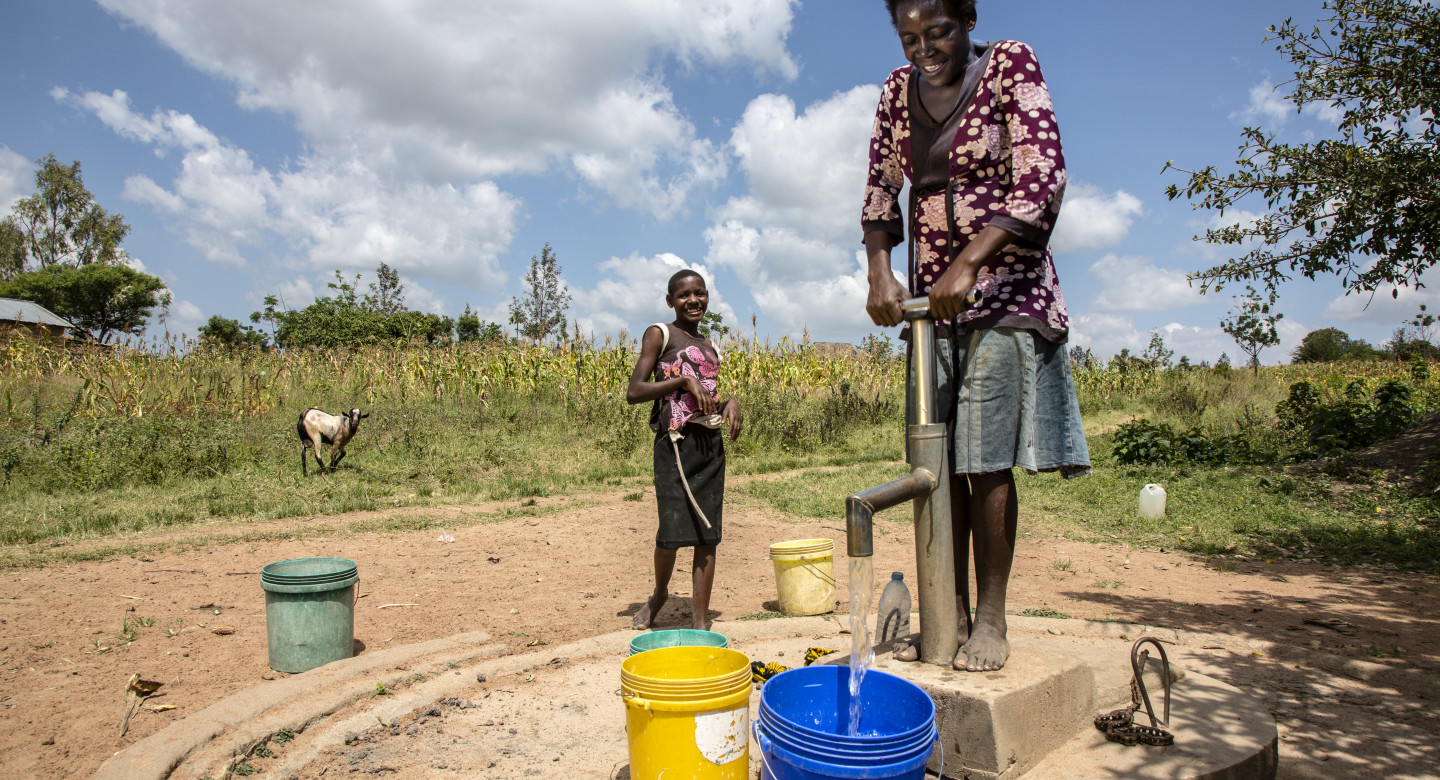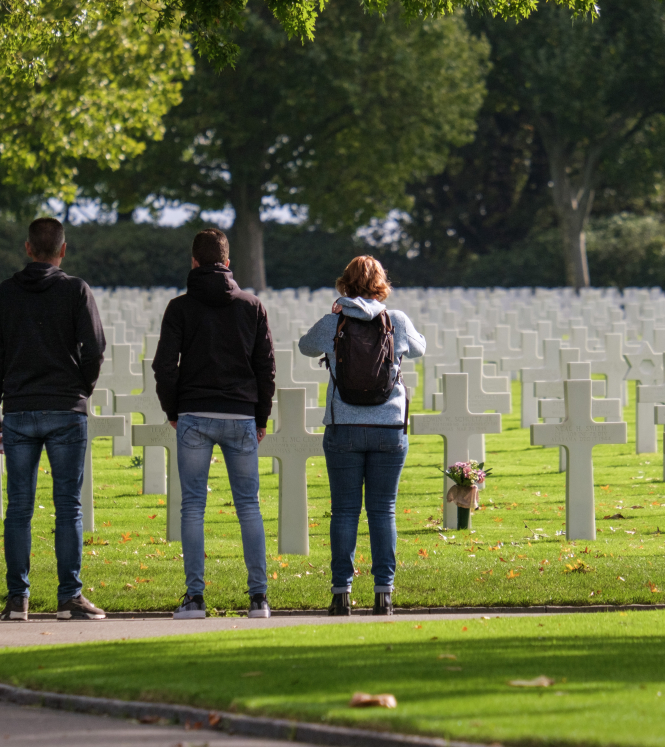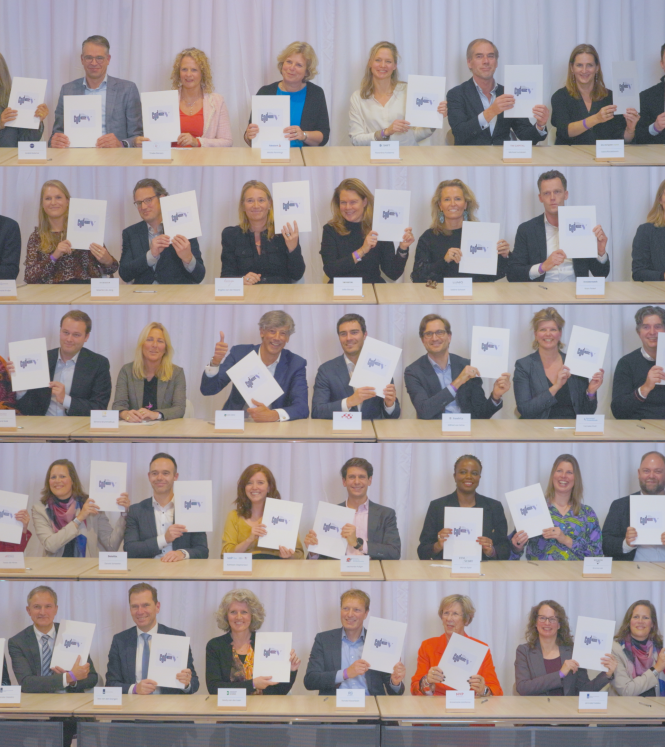

Tackling water conflict with innovative tools
As one of our most valuable natural resources, water is also an often-overlooked cause of conflict. As water is becoming even more scarce worldwide, the number of water-related conflicts also increases. Several specialised organisations teamed up to develop a new early warning tool, which predicts where future water-related conflict is likely to erupt up to a year in advance, to address a problem before it becomes violent.
The issue of water
About one-third of the world’s population lives in water-scarce regions. Population growth, urbanisation and the growing need for water in industry will only increase global demand for water in the future. Water pollution, ecosystem erosion and climate change also threaten the water supply.
Water scarcity not only affects the daily lives of the people living in these regions, it also has a destabilising impact on societies as a whole. It can lead to conflicts, not just between people, but also between countries. In this way, water crises not only threaten the livelihood of individuals, but also national and global security. New technologies and tools can help local actors prevent escalation.
Water scarcity has a destabilising impact on societies as a whole
WPS partnership and approach
The Water, Peace and Security (WPS) partnership is a collaboration between the Netherlands Ministry of Foreign Affairs and a consortium of 6 international research institutes and NGOs specialised in environment, development and international security, led by IHE Delft’s Susanne Schmeier. Currently, WPS runs two pilot programmes, in the Inner Niger Delta in Mali and the Marshes in southern Iraq. In Mali, WPS is establishing multi-stakeholder platforms, in which understanding of water-related problems and solutions is studied. In Iraq, WPS is developing a hydrological model of the country, and its relationship to internal migration.
WPS develops innovative information tools and practical approaches to take evidence-based actions to reduce water-related conflict. The WPS approach consists of five pillars: understand, mobilise, learn, dialogue, and act. The early warning tool identifies possible conflict, based on models created from global data sets, local knowledge and satellite images.
Once possible conflict triggers are identified, the WPS team can reach out to national and local decision-makers and stakeholders, along with diplomats and defence and development professionals. This group is mobilised to address the potential conflict and reach a mutually-agreed solution, before it destabilises the region. The WPS supports these efforts through development of decision-support tools and approaches and by providing training of local parties. “By working together, we can ensure that water fosters peace and collaboration, not conflict,” says International Alert’s Jessica Hartog of the WPS team.
“By working together, we can ensure that water fosters peace and collaboration, not conflict”
WPS Global Early Warning Tool
At the end of 2019, the WPS partnership launched their first tool, the Global Early Warning Tool. This new tool uses machine learning to analyse violent conflict patterns along with over 80 environmental, meteorological, social and economic variables spanning 20 years. By comparing these conditions to current patterns, it can predict where conflict is likely to erupt in the future – all the way down to the local level.
The WPS Global Early Warning Tool is unique because it does not just include political, social and economic factors, but also environmental data – allowing for the inclusion of the water as a driver of conflict. According to WPS, the tool had an 86% success rate in the trial phase, identifying conflicts with more than 10 deaths.
Future tools
To complement the Global Early Warning Tool, WPS is currently developing regional and country-specific tools, to analyse the local situation and underlying problems more in-depth.
Report ‘Ending Conflicts Over Water: Solutions to Water and Security Challenges
One of the partners of the WPS, The World Resources Institute, together with the Pacific Institute and the Water and Peace and Security Partnership, recently published a report entitled ‘Ending Conflicts Over Water: Solutions to Water and Security Challenges’ which explores some of the thorniest water crises across the developing world.
The report draws on 6 in-depth case studies — from Iraq, Iran, India, the African Sahel, Central America and Yemen — from which the authors identify strategies to reduce water-related security risks. These solutions are organised into four broad categories: natural resource, science and engineering approaches; political and legal tools; economic and financial tools; and policy and governance strategies. The report is research for action: it provides the evidence, examples and solution-oriented analysis that decision-makers need to avert water crises around the world. The solutions identified in the report can help improve water resources management, drought response, flood prevention and access to safe, reliable and affordable water for all.





